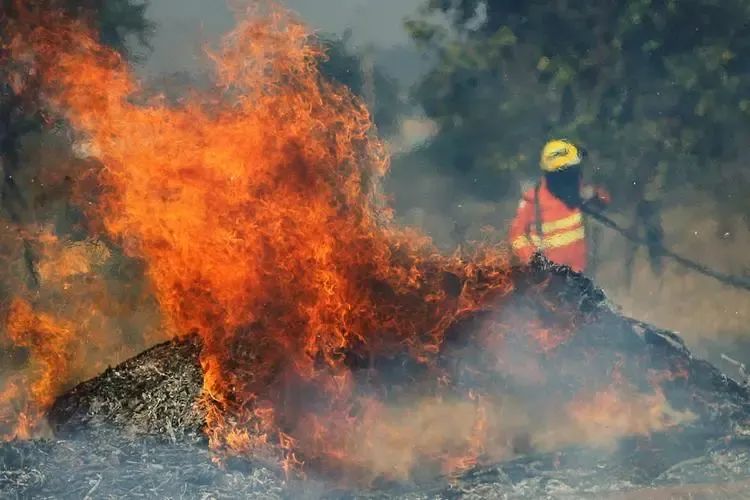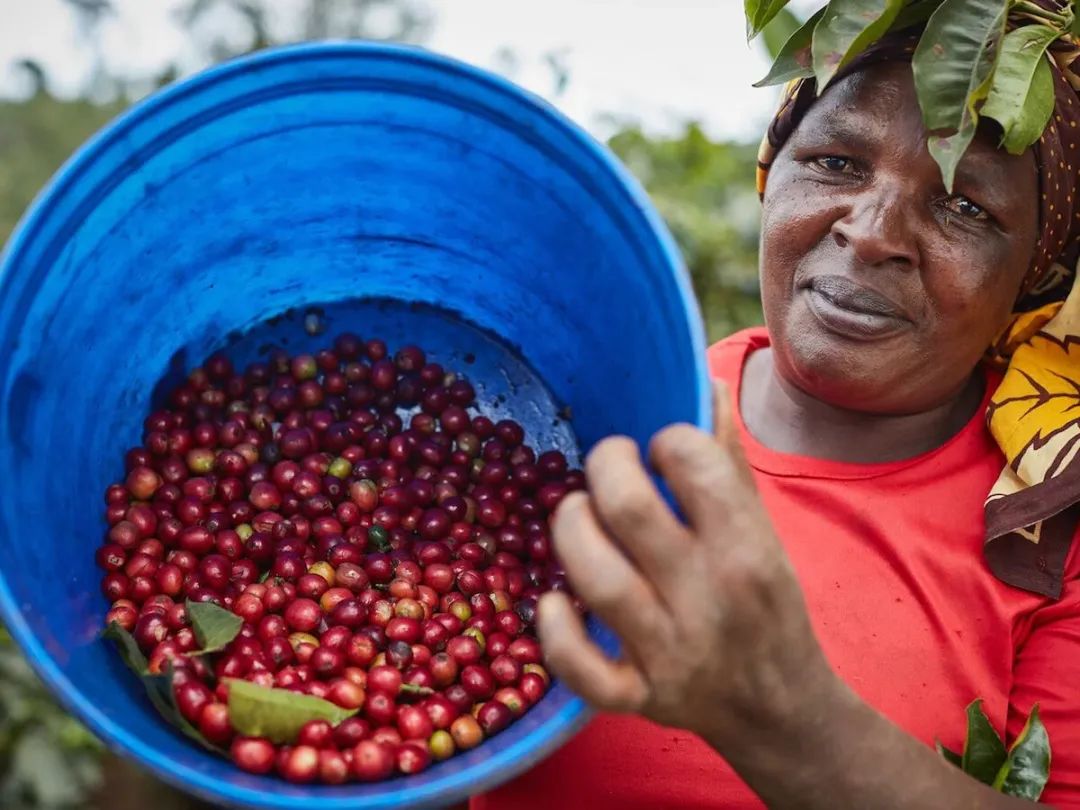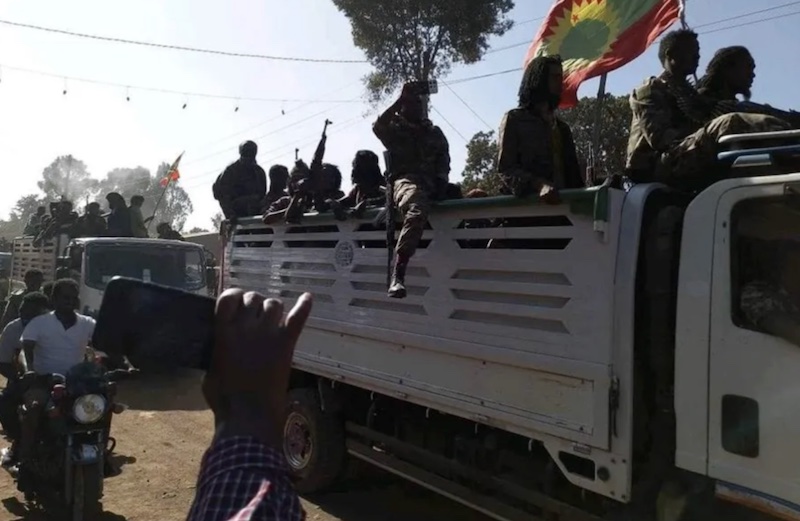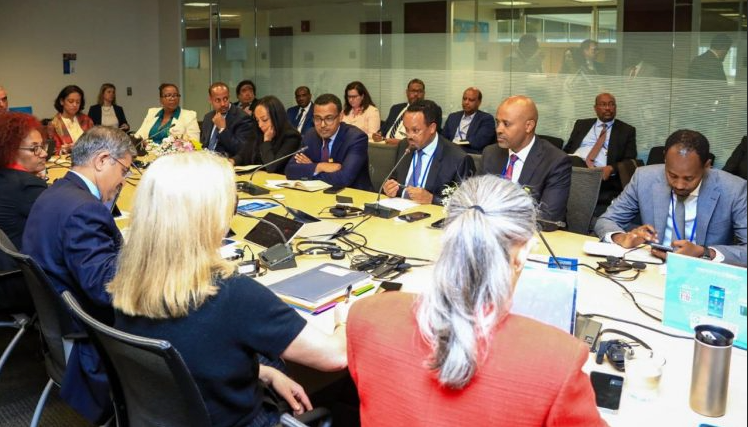The EU has repeatedly postponed the implementation date of the EU Deforestation Regulation (EUDR). However, for many coffee - growing regions in Africa, the remaining time may still be far from enough for coffee farmers to meet the requirements of this regulation, and they may be excluded from the approved import list. This law, which will come into effect on December 31 this year, aims to limit the damage to existing forests caused by agricultural production activities. According to relevant requirements, growers must provide valid GPS and map data to prove that no further deforestation has occurred for coffee planting since December 31, 2020.
Europe is the region with the largest coffee consumption in the world. Due to the further growth of coffee bean demand, regions from Africa to the Americas are trying their best to expand the coffee - planting area. These newly - added planting areas may be obtained by clearing forests. Behind the often - unclear forest fires in the Amazon Basin, the opening up of new coffee plantations is often a potential factor.
According to a report by the French government last year, coffee consumption in the EU has led to 44% of global coffee - related deforestation. Another report released by the World Resources Institute, an environmental organization, found that between 2001 and 2025, nearly 2 million hectares of forests were replaced by coffee plantations. Indonesia, Brazil, and Peru had the highest deforestation rates during this period.

In 2021, leaders of most countries in the world reached a consensus at the Glasgow Climate Summit to stop deforestation by 2030 to avoid further deterioration of the greenhouse effect. In the eyes of environmentalists, the EU Deforestation Regulation is a powerful tool for promoting sustainable development and balancing the relationship between humans and nature. However, in actual operation, it is a heavy burden for underdeveloped regions.
Ethiopia is the origin of coffee beans and the largest coffee - producing country in Africa. Flowers and coffee beans are the pillar products of its foreign trade. Ethiopia earns billions of dollars from coffee exports every year, accounting for about 35% of the country's fiscal revenue, which is of great significance to Ethiopia, which is in urgent need of foreign exchange income. Sidamo and Yirgacheffe coffees, with their smooth and mild taste and some highly recognizable fruity and floral acidity, have led many coffee lovers into the world of specialty coffee. More than one - third of Ethiopian coffee is sold to Europe.
At present, many agricultural technicians are running around to meet this European requirement by recording the land data of coffee farmers. According to a person in charge on the front line of the Oromia Coffee Farmers Cooperative Union in western Ethiopia, they have currently mapped 24,000 farms. However, there are as many as nearly 500,000 producers in this region. Although the cost of recording data for each farm is $5, they are afraid that they will not be able to complete the task before the deadline. "Data is of course very important to us, but what we want to say is that we need support," said Degene Dadi, the person in charge of the Oromia Coffee Farmers Cooperative Union. "This is extremely challenging and costly, and we don't get any help."
The EU is also aware of this problem. In the middle of last month, it sent business officials to Kenya, another African coffee - producing region, to guide the local area in completing this work. Kenya doesn't need to worry about whether its coffee complies with the EU's EUDR because the local enthusiasm for coffee planting has been declining in recent years and has not caused deforestation. The problem is that they need to prove this fact. Othman Chaoui, the representative of the European Chamber of Commerce in Kenya, met with Henriette Geiger, the EU Ambassador to Kenya, and William Kabogo, the Minister of Information, Communication, and Digital Economy of Kenya, and promised to provide convenient tools to assist Kenya in accelerating the progress of this work. These officials said that everything is okay, but she must have a detailed discussion with the Cabinet Secretary for Agriculture to see how the EU can comply with the regulations without punishing small - scale farmers, and said, "They just need to worry about growing coffee." Even so, African countries still have a long way to go to reach their goals.
This new EU regulation covers products such as coffee, beef, cocoa, palm oil, rubber, and other crops. If map data is not provided to prove the compliance of the source, the goods will be rejected or confiscated, and importers will face fines. The implementation of this regulation has already been postponed for one year, and it may be difficult for the EU to delay it further. The global climate issue has evolved from speculation a few years ago into a reality visible to the public. Although many people believe that global warming is a political lie, this cannot change the fact that extreme weather is deteriorating further and more frequently. Developed and developing countries ultimately need to make some attempts on this issue.



